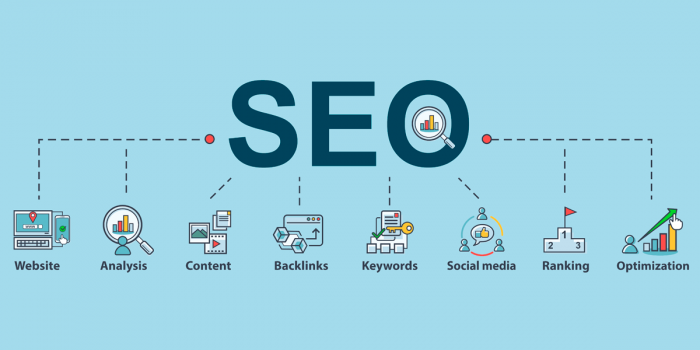We often hear agency owners complain about white-label SEO. They usually say that the agency underdelivered or didn’t communicate with them correctly or that they have faced some related issue. Many have similar stories. These complaints often stem from misconceptions or isolated problems that can be resolved through improved communication and establishing appropriate boundaries. They are misconceptions, not inherent problems, in white-label SEO itself.
The best white-label SEO company services in the digital marketing ecosystem often remain misunderstood. These myths can ruin a company's strategy as it searches for scalable solutions to improve its ranking. Join us as we dispel the top five myths about white-label SEO that are no longer relevant in 2025.

The most pervasive myth is that white-label SEO providers deliver generic, cookie-cutter solutions that they simply slap their logos onto before passing them to clients.
The reality is far different. Quality white-label SEO partners create custom strategies tailored to each client's needs.
According to a recent industry survey by Marketing Sherpa, 83% of high-performing white-label SEO providers now offer fully customized solutions based on individual client analytics and goals. This figure has increased by 27% since 2022, demonstrating the industry's shift toward a personalized approach.
Many agencies find success when white-label partners dig deep into research. For example, some agencies might need competitive research in niche markets like law or medicine. In such cases, a white-label partner can uncover untapped markets, increasing qualified leads. A generic approach cannot achieve this, or the company may lack the resources.
Many agency owners fear outsourcing SEO means surrendering control and potentially damaging client relationships. This fear is entirely unfounded.
The best white-label partnerships enhance client relationships by delivering expert services and keeping you in control. You control client communications, reporting, and presentation strategies completely.
A study by Brightreporting found that agencies using white-label services reported a 41% higher client retention rate than those handling SEO in-house with limited resources. Why? They could concentrate on building client relationships while experts dealt with the technical tasks.
A myth persists that building an in-house SEO team is cheaper than partnering with a white-label provider. But the numbers say otherwise:
By contrast, white-label SEO partnerships typically offer flexible pricing models that scale with your client base. According to a report by the Digital Agency Network, agencies reported average savings of 30–40% when compared to in-house capabilities.
The reality is that white-label partnerships allow you to access an entire team of specialists for less than the cost of one full-time employee, all while eliminating recruitment headaches and training costs.
There is a persistent belief that using white-label services somehow lengthens the timeline for SEO results. The myth likely stems from past experiences with low-quality providers who overpromise and under-deliver.
Today’s reality is quite different. In 2024, Ahrefs examined more than 500 agency campaigns. When providers with the same level of expertise were compared, they found no statistically significant difference in the time it took to get results between white-label and in-house SEO programs.
Many agencies report faster initial progress with white-label partners because these specialized agencies can:
The key factor here isn’t whether the work is white-labeled or in-house but rather the expertise, resources, and processes behind the strategy.
The final myth that needs addressing is that white-label SEO is a “black box” where agencies can’t see what’s happening behind the scenes.
The above scenario couldn't be further from the modern reality. Transparency is the foundation of modern white-label collaborations. 91% of white-label providers now offer real-time dashboards and comprehensive reporting tools that agencies can access 24/7 (SEMrush Agency Growth Report, 2024).
Premium white-label providers now offer clients branded dashboards showing real-time progress, competitive analysis, and forecasting tools. These capabilities are beyond most in-house operations. The most successful white-label agencies provide the following:
The level of transparency is generally defined in the service agreement, and the best providers understand that agencies need visibility to maintain client confidence.
When you strip away these myths, a powerful business model remains that allows agencies to scale their service offerings without the massive overhead of building specialized teams from scratch.
The market agrees. According to a recent study by Forrester Research, the white-label SEO sector grew by 34% in 2024, making it one of the fastest-growing segments in digital marketing services.
Smart agency owners recognize that outsourcing specialized tasks to experts isn't a compromise but a strategic advantage. It allows them to focus on core competencies like client acquisition and relationship management while delivering enterprise-level SEO services.
The evolution of white-label SEO has made it more accessible, transparent, and effective. Agencies that avoid these partnerships based on outdated myths may be at a competitive disadvantage as the digital marketing landscape evolves.
Be the first to post comment!